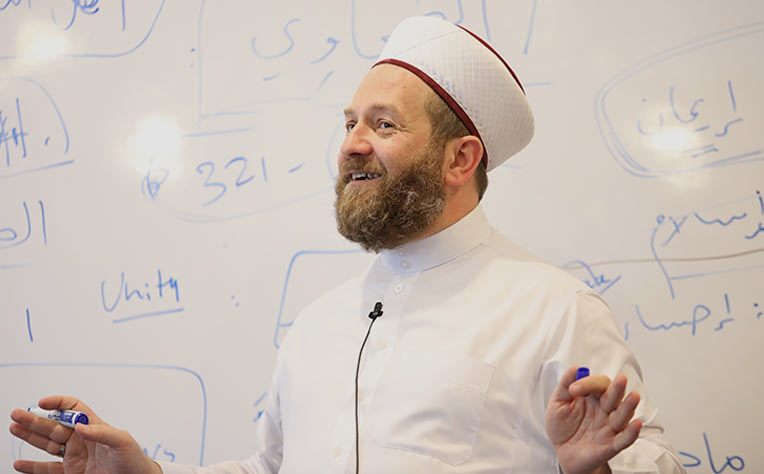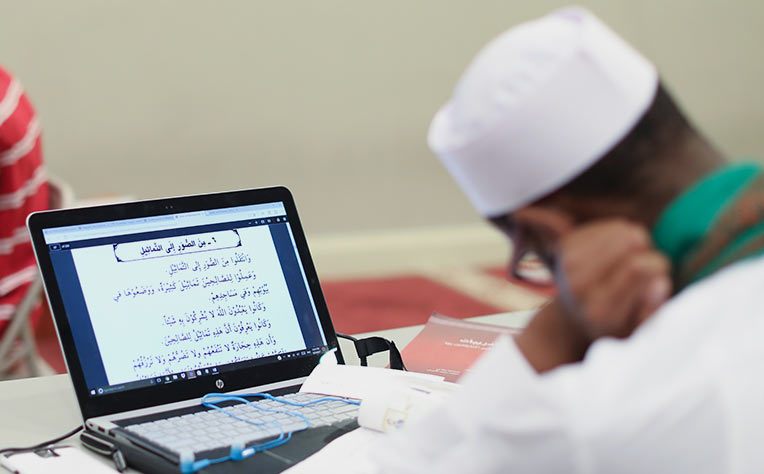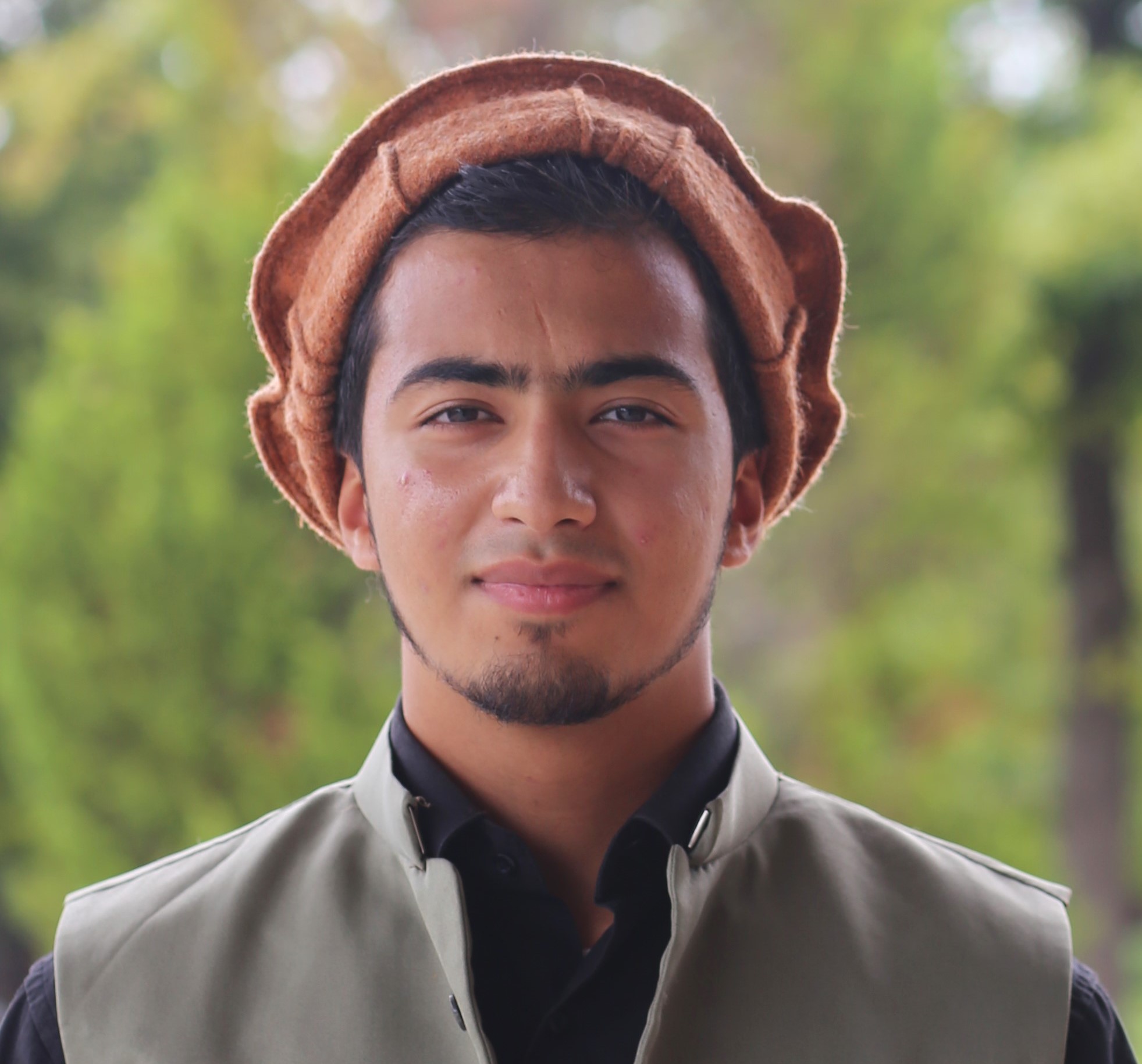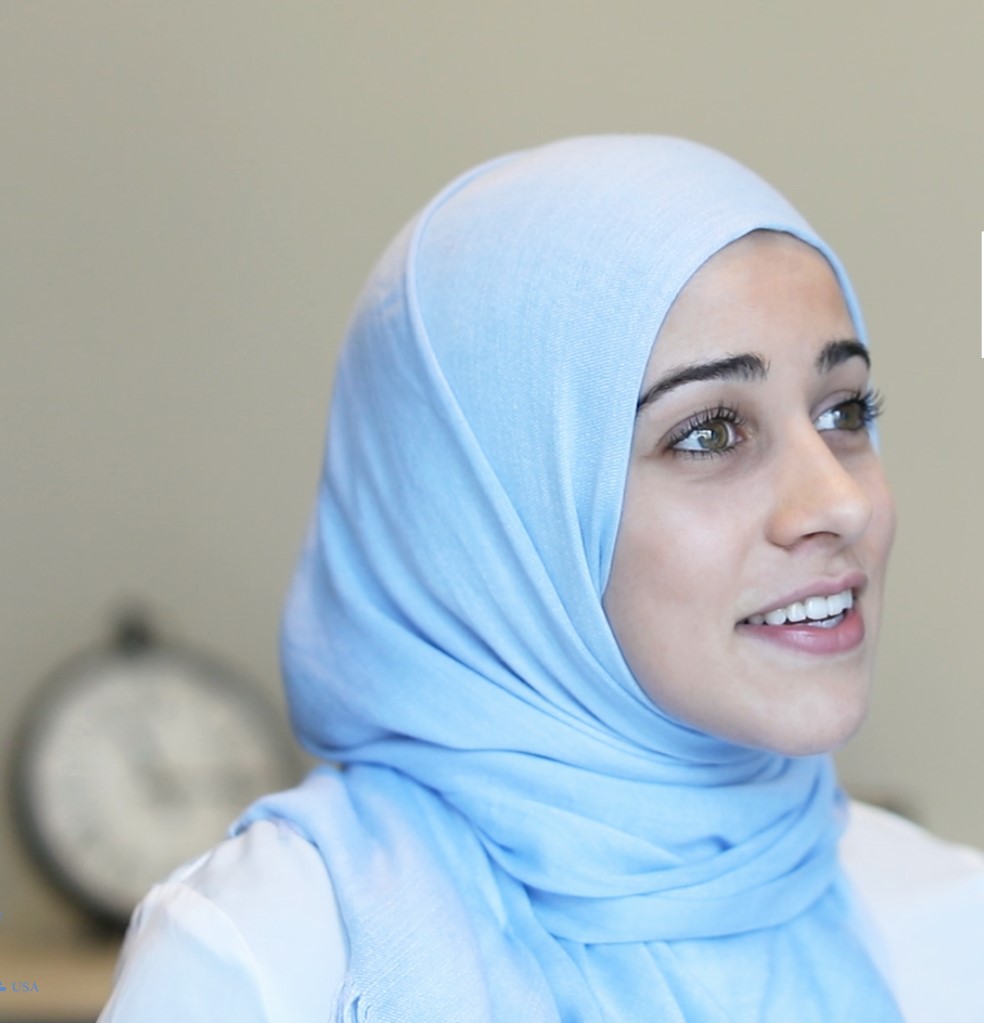Explore Our Part-time Islamic Studies Program
Islamic Studies Program
Madina Institute at the Milwaukee location currently offers a part-time 1-year program. Learn more about our part-time program and it’s offerings.
STUDENT TESTIMONIALS
Madina’s Islamic Studies programs have paved path for many students towards becoming preachers and scholars. Find out what they have to say about us.
Explore the 8 courses that we teach
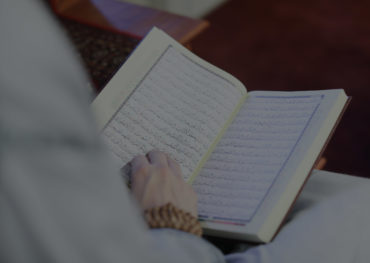
Quranic Sciences
Quranic Sciences
Quranic Sciences taught at Madina Institute encompass the subjects of Ulum al-Quran (the understandings of the Quran), Tajwid (recitation), and Tafsir (exegesis). These subjects comprehensively explore the many folds within the study of the Quran, so as to appropriately explore the depth of its knowledge. The Quran is the only religious text with a practical science developed to understand the intricacies of its meanings. Factors of these Quranic study include the nature, content, preservation, historical timeline, context, occasions of revelation, language, style, sentence structure, abrogation, and more.

Hadith Sciences
Hadith Sciences
Hadith Sciences taught at Madina Institute encompass the records of purported actions, statements, and descriptions of the Prophet Muhammad صلى الله عليه وسلم. The prophetic examples are meant to teach Ihsan in practicing the faith as well as establish key elements of Islamic law. Hadith sciences support the study of Quranic sciences, as they provide the prophetic practice of The Book. Students learn the terminology and methodologies to understand the study and evaluation of Hadith literature.

Aqidah - Theology
Aqidah - Theology
Aqidah (Islamic Theology) is the academic study of the beliefs, attributes, rational proofs, and textual proofs of God. Aqidah is the foundation of the Islamic faith, upon which other subjects are built. Within this subject is the exploration of essential religious beliefs, misconceptions, sectarianism and more. Through detailed study and memorization of classical texts and proofs, students become vested to navigate the landscape of polemics and inter- and intra-religious discussion with sound logic, perspective, and recourse to the original material. Madina Institute offers a well-rounded approach to understanding Aqidah through texts such as Al-Tahawiyyah and The Attributes of God.
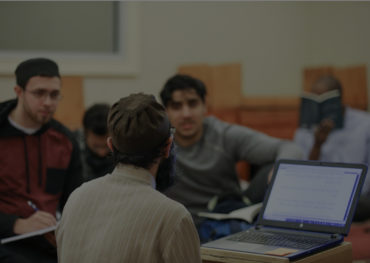
Seerah - Prophetic Biography
Seerah - Prophetic Biography
Seerah is the study of the life of the Prophet Muhammad (S). The purpose of this course is to provide insight into the mannerisms, ethics, teachings and examples of the prophetic life. Seerah contributes to the holistic understanding of other sciences such as hadith and Quranic sciences, by adding a layer of context. Students explore the Prophetic interactions with society, religion and many facets of his life that contribute to better understanding and loving him (S).

Usul Al Fiqh - Legal Theory
Usul Al Fiqh - Legal Theory
Usul ul-Fiqh (legal theory) is the study of the basis upon which Islamic jurisprudence is derived. This subject explores the origins, proof, and mode of deriving rulings. More than just the theory, students are taught a combination of practical and theoretical aspects of this subject which allow for a comprehensive understanding of Fiqh and its derivation. Since Islam is a faith suitable for all times and places, Usul ul-Fiqh is the key with which we understand how to interact with nuances of the modern era according to the Quran and authentic prophetic sunnah.
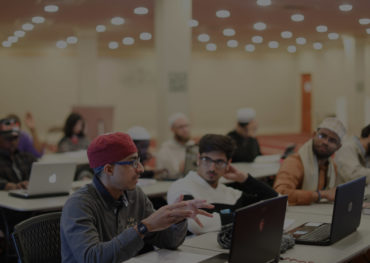
Shafi Fiqh
Shafi Fiqh
Fiqh (Islamic Jurisprudence) is the study of Islamic law that informs the life of a Muslim. From the integrals of prayer to the proper conduct of a financial transaction, Fiqh provides insight into living a balanced life. The study of Fiqh breaks down the obligatory, recommended, permissible, non-recommended, and prohibitions within the bounds of Islam. Within this framework of understanding Fiqh, two of the main schools of thought (madhahib) are taught at Madina Institute Milwaukee by scholars of each area of study: Hanafi Fiqh and Shafi Fiqh. The study of Fiqh equips students with the practical knowledge and skills needed to practice the integrals of faith. This course covers the Shafi Fiqh material.

Hanafi Fiqh
Hanafi Fiqh
Fiqh (Islamic Jurisprudence) is the study of Islamic law that informs the life of a Muslim. From the integrals of prayer to the proper conduct of a financial transaction, Fiqh provides insight into living a balanced life. The study of Fiqh breaks down the obligatory, recommended, permissible, non-recommended, and prohibitions within the bounds of Islam. Within this framework of understanding Fiqh, two of the main schools of thought (madhahib) are taught at Madina Institute Milwaukee by scholars of each area of study: Hanafi Fiqh and Shafi Fiqh. The study of Fiqh equips students with the practical knowledge and skills needed to practice the integrals of faith. This course covers the Hanafi Fiqh material.
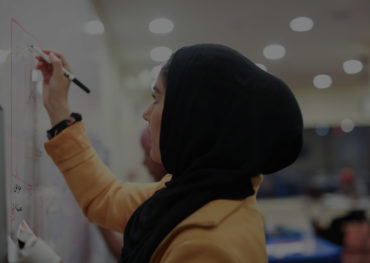
Tarikh - History
Tarikh - History
Tarikh (Islamic History) covers the early formative period of Islam and modern developments. This course provides students with an enriched and informed understanding of their religion in the broader historical spectrum. Adding perspective and context to the study of Islamic sciences, contributes to an accurate understanding of macro and micro details of faith. The historical perspective provides a rich interaction with Islamic Studies.
-
4
COUNTRIES
-
30
TEACHERS
-
1000
STUDENTS
-
45
TEXTS TAUGHT
-
100
Cumulative Teaching years Experience
“When Allah wishes good for someone, He bestows upon him the
Understanding of Deen”
- Prophet Muhammad صلى الله عليه وعلى آله وسلم
© 2024 Madina Institute | Site by
Bytegrow Technologies